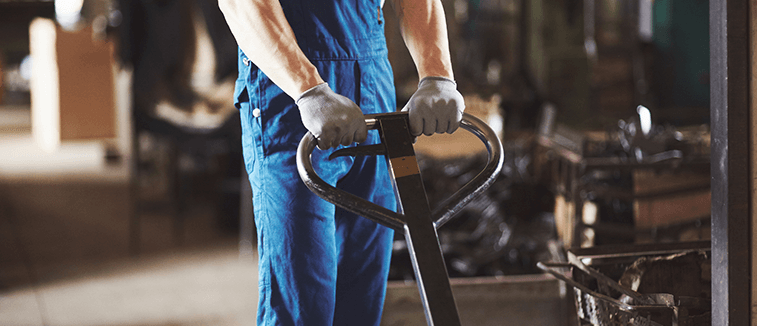Rigger
Move heavy materials and equipment around worksites.
Job opportunities
-
Jobs in Jobstreet right nowJob growth
-
In the last yearSalary
-
Typical monthly salaryJob satisfaction
-
Job opportunities
-
Jobs in Jobstreet right nowSalary
-
Typical monthly salaryJob growth
-
In the last yearJob satisfaction
-
On this page
- What's it like to be a Rigger?
- How to become a Rigger
- Latest Rigger jobs
- Top skills and experience for Riggers
What's it like to be a Rigger?
Riggers use pulleys, cranes, and winches to move heavy materials and equipment around worksites. They set up and repair rigging at manufacturing plants, shipyards, logging yards, construction sites, and film sets. They specialise in the use of manual mechanical devices, and assemble temporary structures like scaffolding on construction sites. Riggers are responsible for aligning and anchoring the machinery, attaching loads, controlling the movement of heavy equipment, and ensuring the rigging is safe for use.
Tasks and duties
- Estimating size and weight of objects that have to be moved.
- Preparing and selecting appropriate rigging equipment needed, including beams, pulleys, clamps, and bolts.
- Installing and operating cables, ropes, pulleys, winches and other lifting tackle.
- Lifting and erecting prefabricated panels made of steel, glass or concrete.
- Erecting structural steel such as scaffolding on buildings under construction.
- Inspecting, maintaining and repairing equipment.
- Ensuring compliance with state and company safety procedures.
How to become a Rigger
You do not need a college diploma to become a Rigger, however relevant qualifications and experience are invaluable in securing a good job. On-the- job training is often provided.
- 1.There is no certification required to be a Rigger by Department of Occupational Safety and Health (DOSH) standards, but some Riggers choose to get certified in a particular specialty.
- 2.You can take short courses and workshops that are designed to give you the necessary skills and knowledge to undertake duties as a Rigger. Some of these may go over the applicable laws and regulations of overhead lifting equipment, which will be essential in keeping a safe working environment.
- 3.Many companies train their Riggers through on-the-job learning, allowing you to gain experience on a work site.
- 4.Apprenticeships are also a good way to learn on-the-job. In an apprenticeship, the Rigger gains experience and learns the trade from an employer in exchange for their labour for an agreed period of time.
Compare your salary
Find out how your salary compares with the average salary for Riggers.Latest Rigger jobs on Jobstreet
Be one of the first to discover these recently listed jobs, or browse all Rigger jobs on Jobstreet right now.Did you find this helpful?
Skills and experience employers are looking for
Having the right skills and experience can make you an in-demand applicant. Rigger employers on Jobstreet are looking for job seekers with expertise in the following areas. Rigging Equipment
Heavy Equipment
Animation
Game Engines
Anatomy
Structural Steel
Installation
Working At Heights
Creative Ability
Maintenance Services
Scripting Language
Ability to Follow Direction
Team Work
Screen Industry
Work Safety At Heights Ticket
Renewable Energy
Marine Environment
Signalling
Autodesk 3ds Max
Telecommunications
Source: Jobstreet job ads and Jobstreet Profile data
Did you find this helpful?